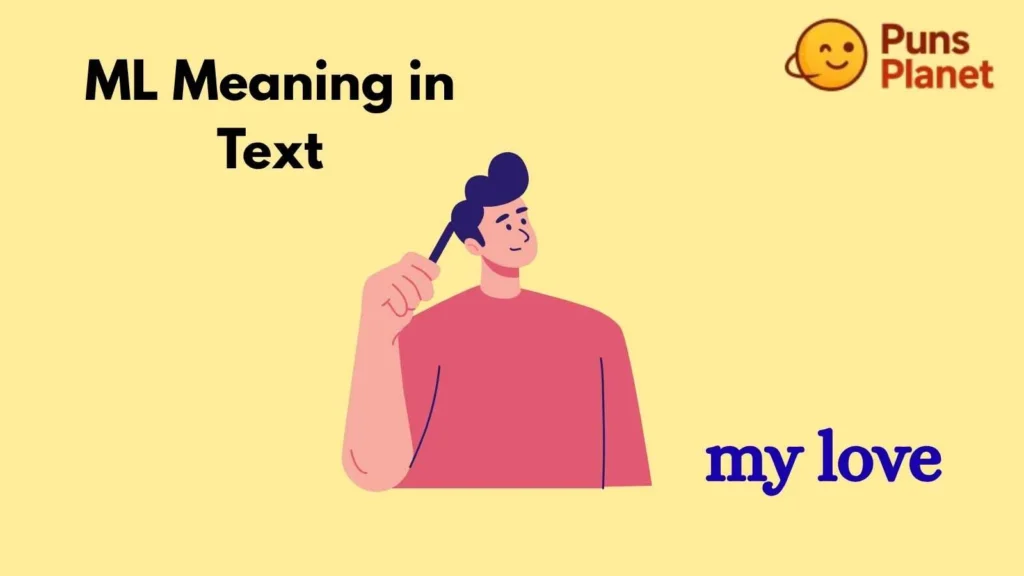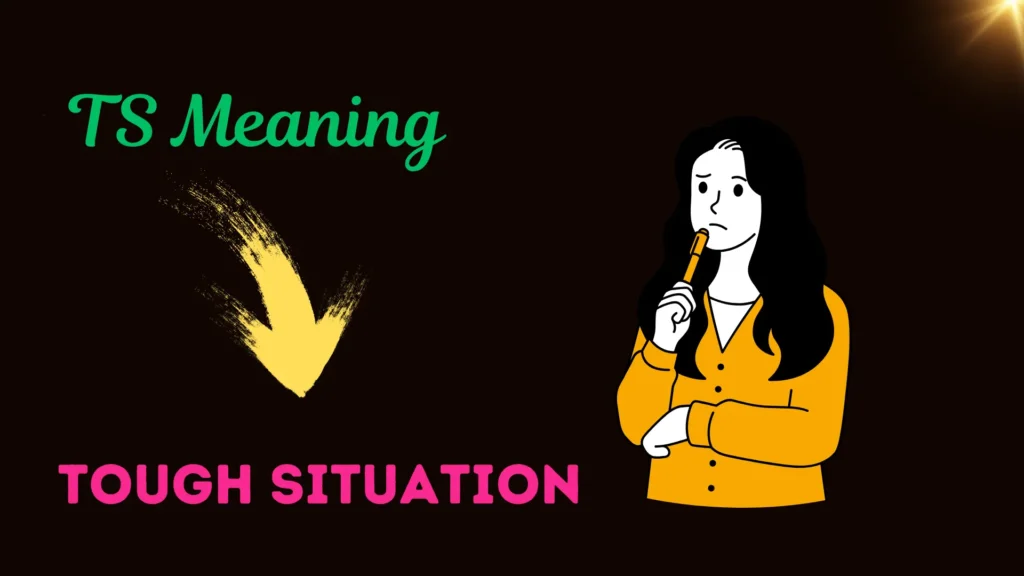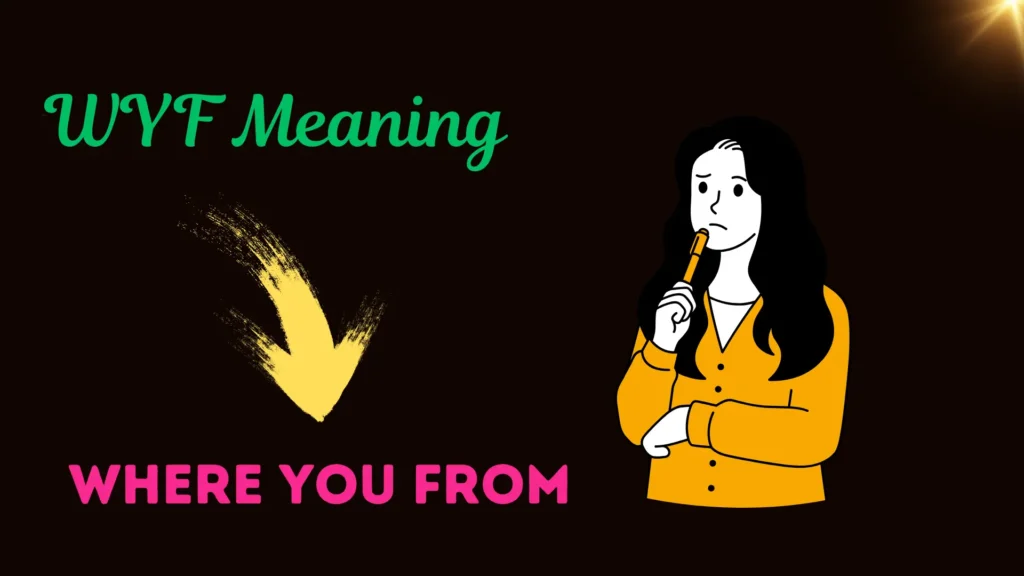Have you ever seen someone text “ML” and paused, wondering what it stands for? Maybe you felt a moment of social anxiety — do they mean “machine learning”? Or is it something more personal, like “my love”?
In today’s fast-paced digital world, acronyms like ML fly by in seconds, and mastering their meaning can make you feel included, confident, and emotionally connected.
In this guide, we’ll explore the many shades of ML meaning in text — from affectionate slang to tech jargon — with real examples, tips for interpretation, and expert insights.
Why You Should Care About ML Meaning
Communication online is more than words — it’s tone, intent, and unspoken emotion. When you misinterpret an acronym like ML, you risk sounding aloof or outdated.
On the flip side, get it right and you build rapport, show emotional intelligence, and navigate social media like a pro. Whether you’re texting friends, writing captions, or reading someone’s post, understanding ML boosts your digital literacy.
Primary Meanings of “ML” in Texts
ML can mean different things depending on context. Below are the **most common meanings** you’ll encounter online:
- My Love — used as a term of endearment between friends, partners, or close ones. :contentReference[oaicite:0]{index=0}
- Much Love — a friendly, platonic way to send appreciation or good vibes. :contentReference[oaicite:1]{index=1}
- Machine Learning — when used in tech, data, or AI-related conversations. :contentReference[oaicite:2]{index=2}
My Love

When you see “ML” at the end of a message, comment, or caption, it often means “my love”. It’s affectionate, warm, and used among people who share emotional closeness. Example:
“Thanks for being there for me, ML.” (Here, “ML” = someone dear, maybe a partner or close friend.)
Much Love
Another frequent usage is Much Love. This tends to be more casual, friendly, or supportive — used among friends, followers, or when saying thanks after help or encouragement.
Example:
“Your message meant so much. ML!” (Here, “ML” is not romantic — just gratitude or encouragement.)
Machine Learning
In tech, academic, or AI-driven conversations, “ML” often refers to Machine Learning. It’s part of jargon rather than slang. So if someone says “I’m studying ML,” it’s very likely not relationship talk — it’s about algorithms.
Example:
“We’re training an ML model to detect spam.” (ML = machine learning)
Other Possible Uses of ML in Text
Though less common in casual chat, ML can also mean:
- My Love (as nickname) — e.g. “Hey ML, how’s your day?” when talking to someone you call “My Love.”
- Middle Line / Money Line — niche uses in betting or finance contexts.
- Markup Language or Machine Language — technical meanings in programming or web development. :contentReference[oaicite:3]{index=3}
- Milliliter (mL) — not usually in casual text chat, but common in measurement or medical contexts. :contentReference[oaicite:4]{index=4}
How Do You Know Which Meaning Applies?
Because ML has several potential interpretations, learning how to decode it is key. Here are some strategies to determine meaning:
1. Check the Conversation Context
Does the chat include hearts, emojis, or romantic cues? You’re likely dealing with “my love” or “much love.” Is the topic coding, data science, or tech? Then it might be “machine learning.”
2. Look at Tone & Punctuation
- Ending a message with “ML ❤️” or “ML!!” — emotional tone, so it’s probably affectionate.
- “ML” embedded in a sentence about AI or programming — likely technical.
3. Observe Sender & Audience
If the sender is a friend or follower, affectionate meaning is plausible. If it’s a professor, colleague, or tech influencer, ML might refer to machine learning or alternative technical meaning.
4. Platform Style Matters
On TikTok or Instagram comments, “ML” is usually slang. On LinkedIn, blog posts, or academic threads, it’s more often the technical term.
Real Examples of ML in Texting & Social Media
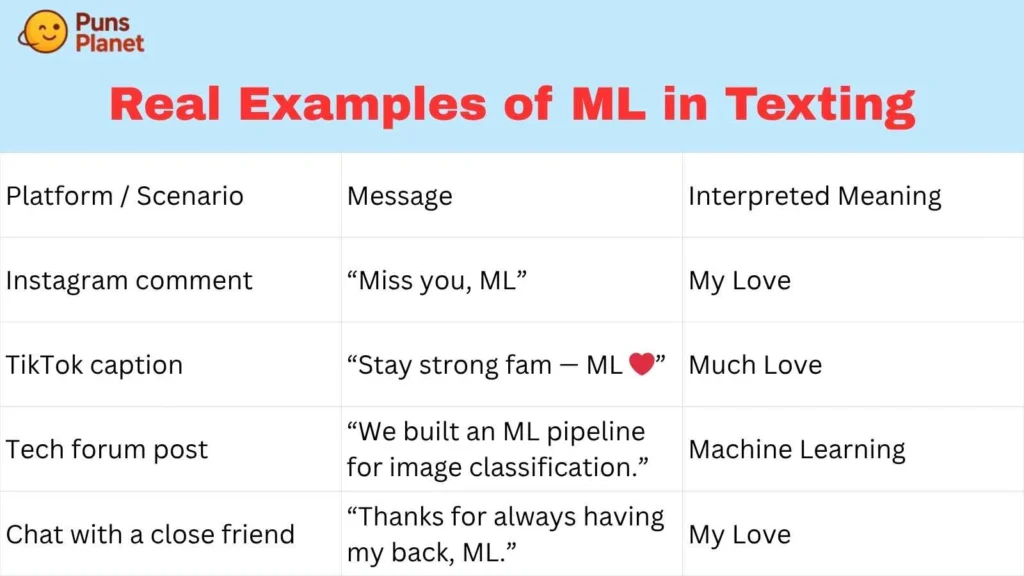
| Platform / Scenario | Message | Interpreted Meaning |
|---|---|---|
| Instagram comment | “Miss you, ML” | My Love |
| TikTok caption | “Stay strong fam — ML ❤️” | Much Love |
| Tech forum post | “We built an ML pipeline for image classification.” | Machine Learning |
| Chat with a close friend | “Thanks for always having my back, ML.” | My Love |
Why People Use ML Instead of Full Words
Several reasons:
- Speed & brevity — typing “ML” is quicker than “much love.”
- Emotional shorthand — conveys warmth without needing many words.
- Trendy & casual tone — using slang keeps your message current and friendly.
- Dual-use in niche contexts — ML works for both slang and tech, so it’s versatile.
Potential Misunderstandings & Pitfalls 🚧
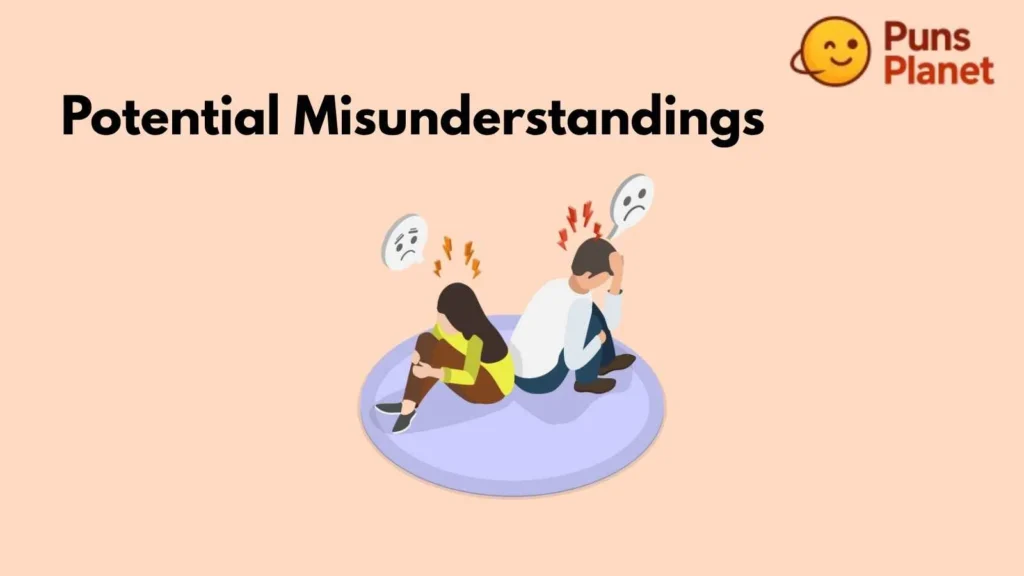
Using ML without clarity can lead to confusion. Watch out for these scenarios:
- Over-familiarity: If you use “ML” as “My Love” with someone you don’t know well, it may seem odd or too intimate.
- Professional Misuse: Sending “ML” in a business email or formal setting could appear unprofessional or vague.
- Technical assumption: Someone may misread your slang for “machine learning” if they’re in a technical field.
- Cross-cultural differences: Not all speakers use the same tone; in some regions, affectionate slang might vary.
Tips for Using “ML” Appropriately
- Match tone: Use “ML” only when your tone is casual and friendly.
- Be aware of your audience: Partner/friends vs. colleagues/followers.
- If unsure, spell it out first: e.g. “Much Love (ML)” in a post caption to clarify meaning.
- Watch replies: if someone responds with emoji hearts or warmth, your intended affectionate meaning likely landed.
Variations & Related Slang

ML isn’t alone. Here are some similar abbreviations used online:
- ILY — I Love You
- XOXO — Hugs & Kisses
- TYT (Take Your Time) — different tone
- FR — For Real
- OOMF — One Of My Followers (used on TikTok / Gen-Z slang)
FAQs:
Q1: Can “ML” be used by anyone, or only close friends?
Yes, anyone can use it—but its meaning shifts with closeness. Among friends or romantic partners it can feel natural. With acquaintances, it might seem overly familiar, so use it carefully.
Q2: Is it okay to use “ML” in a professional context?
Generally no — unless you’re in a very casual, creative workplace. In business or formal writing, spell out words like “much love” or “best regards” instead of assuming your recipient knows the slang.
Q3: Could “ML” mean something else entirely in niche communities?
Absolutely. For example, in data-science groups ML almost always means “machine learning.” In betting or finance circles, “money line” might show up. Always consider the niche context.
Q4: What if someone replies “What do you mean by ML?”
That’s a good moment to clarify. You could reply with “ML means ‘much love’ here 😊” or adjust your tone—communication is two-way, and clarity builds trust.
Q5: Is “ml” (lowercase) the same as “ML”?
Mostly yes — though uppercase may feel more like an acronym. Lowercase “ml” might appear in chat casually, while uppercase tends to feel more deliberate. But meaning doesn’t usually change.
Conclusion:
Understanding what **ML means in text** unlocks both emotional depth and digital clarity.
Whether someone uses it as a sweet sign-off or as a nod to technical work, it’s your context-awareness that makes the difference.
Pay attention to tone, sender, and platform — and you’ll never misread “ML” again.

